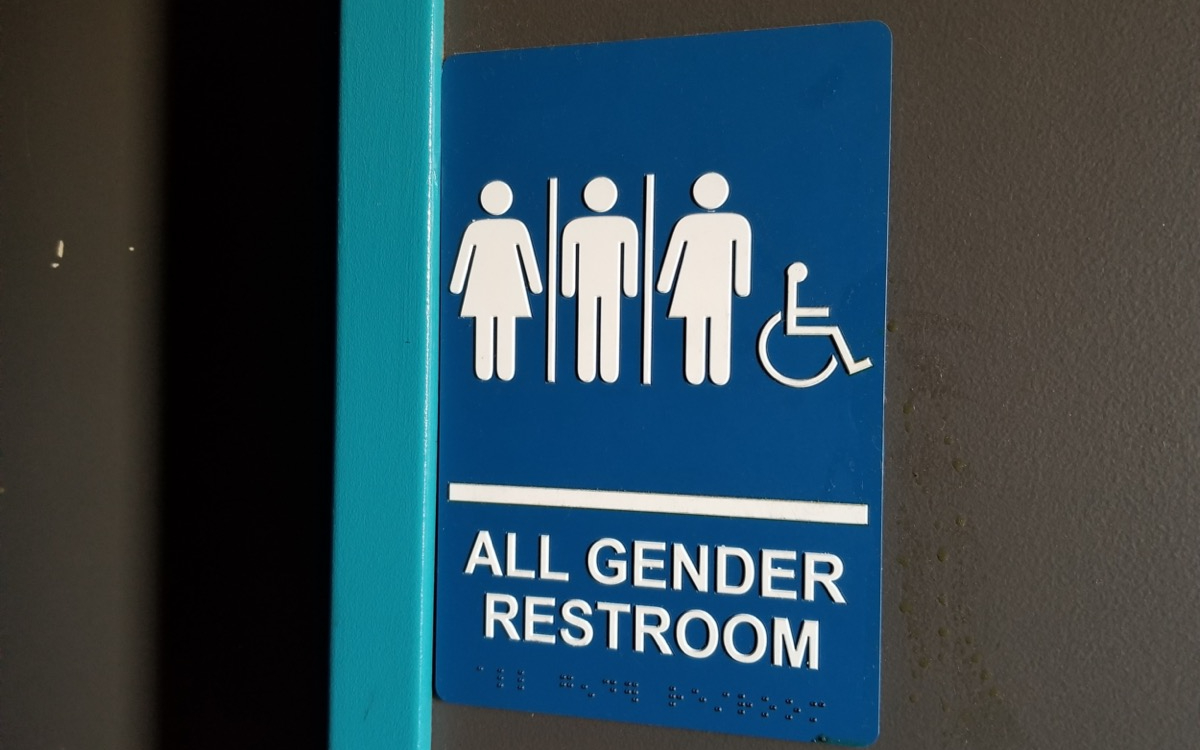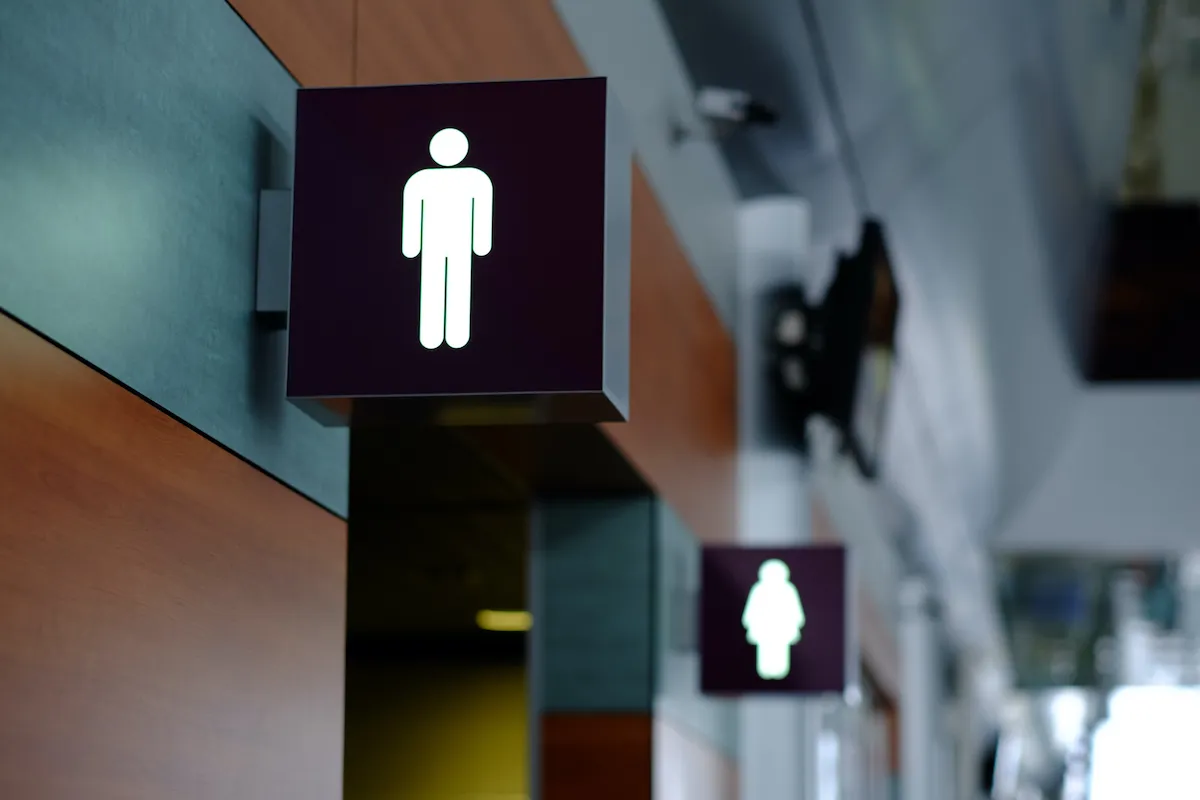Bathrooms Are Currently in the Spotlight in the UK

The UK is focusing quite a bit on bathrooms right now. The government is favoring single-sex toilets, making them the default in new non-residential buildings. Pushing for even more privacy, these guidelines are promoting something called self-contained toilets, which have a toilet and a basin for handwashing. Proponents believe that this will help ensure protection, especially for women and girls. In a statement, Kemi Badenoch, minister for women and equalities, said, “It is important that everybody has privacy and dignity when using public facilities. Yet the move towards ‘gender neutral’ toilets has removed this fundamental right for women and girls.”
The UK government requested a “call for evidence” in relation to this issue. More than 17,000 responses were recorded, showing a variety of opinions. According to the government, the most common words mentioned were “dignity” and “privacy.” Most seem to focus on protections for women, fearing that bathrooms may be in a place where their safety is most at-risk. The thinking appears to be that these toilets will guarantee the separation of men and women, which many view as crucial to protecting access and privacy.
America has of course had its own issues with restrooms. Governments in Florida, North Carolina, and other red states have tried to legislate where and how people use the bathroom. This is an issue that seems difficult to enforce, but the UK is taking the approach of building the toilet areas as they see fit and hoping that people will follow accordingly.

This issue is sensitive for many transgender people, who often may spend more time thinking about using the restroom than cisgender people do. I have never second-guessed which bathroom to go into and have never really felt unsafe, either. But many conservatives in the United States want to force transgender individuals to use bathrooms that correlate to their assigned sex at birth. Again, this seems almost impossible to actually enforce. It’s part of a larger conservative effort to try and put transgender people “in their place” and make them feel as uncomfortable as possible.
There have been reports of transgender people being attacked in bathrooms. In 2022, a trans man named Noah Ruiz was told to use the women’s restroom by the owner of a campground he was staying at in Ohio. Ruiz was attacked and beaten when he left. LGBTQ+ activists fear that the UK is following in the footsteps of the United States with this “anti-woke” agenda.
This isn’t the first time recently that the UK has focused on private/public spaces and gender. In January of this year, a new set of reforms were instituted that sought to control the prison population. British Secretary Dominic Raab announced that trans women who have “male genitalia” will no longer be sent to female prisons. This would also be true of trans women who had been convicted of a sexual offense. Some see this as a logical step for a place like prison, but many LGBTQ+ people and their allies fear that this promotes harmful stereotypes of transgender people as dangerous.
Regardless, it is clear that the United States isn’t the only country that is legislating people’s bodies and spaces with increasing frequency—The United Kingdom is right there, too.
(featured image: Smith Collection / Gado / Getty Images)
Have a tip we should know? [email protected]